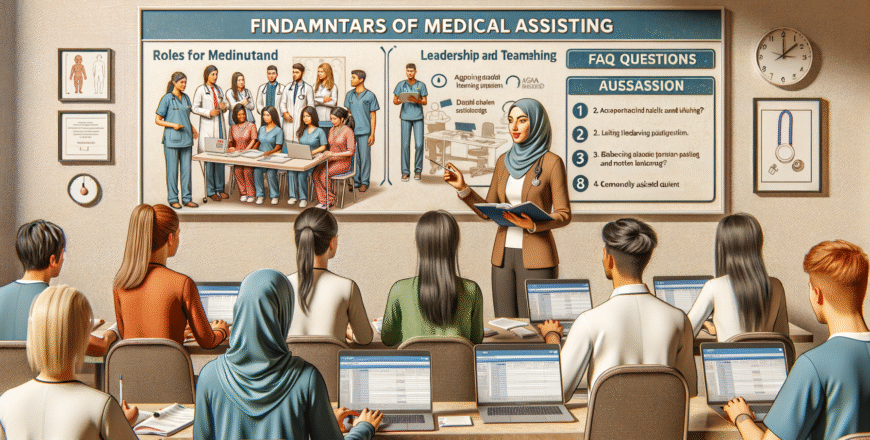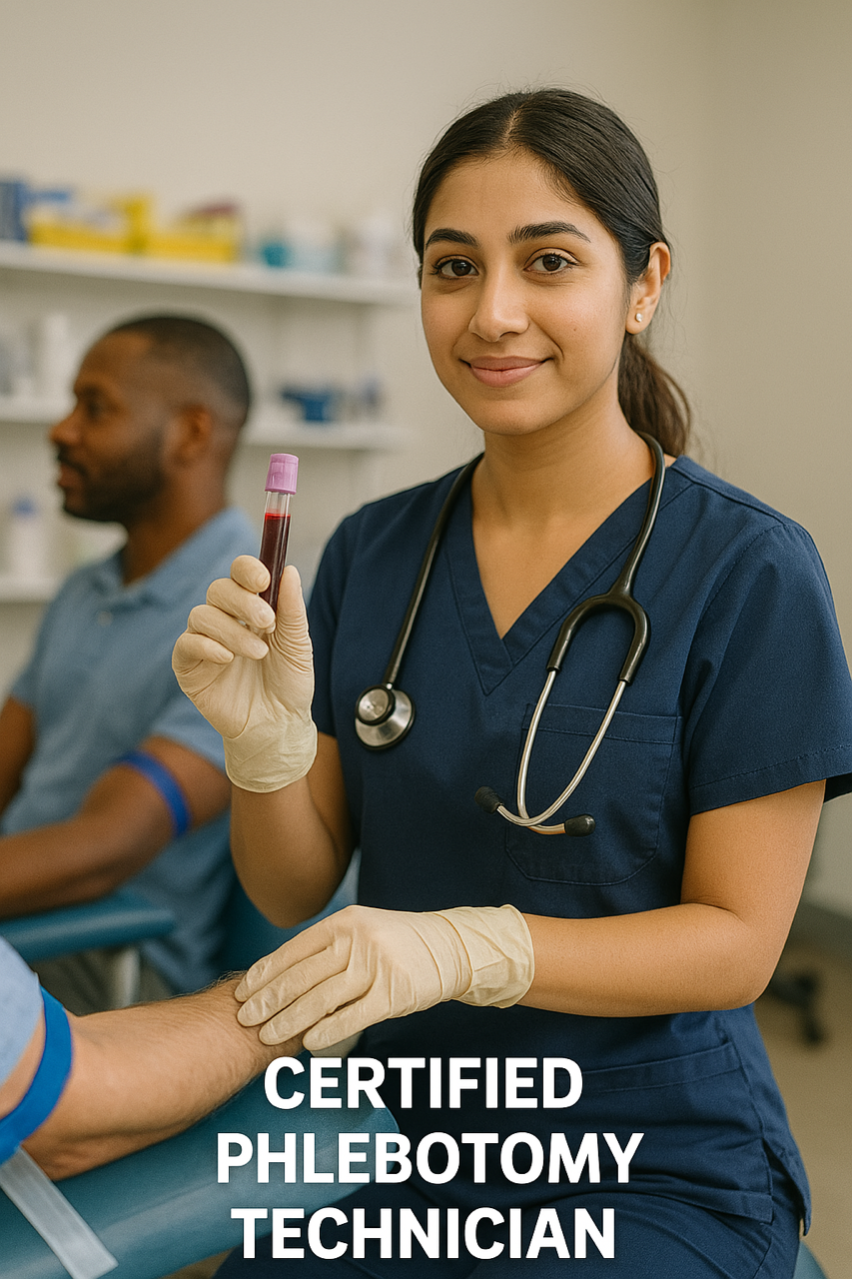Click here to chat with me!
Search our website now
Featured Products
Latest Posts
At Davis Training Institute, we proudly support our veterans and active-duty service members in their journey to transition into rewarding healthcare careers. As an approved Texas Workforce Commission (TWC) Career School, DTI grants course credit for qualifying military experience, education, or training that aligns with our high-demand healthcare programs. Before enrollment, our admissions team will […]
At Davis Training Institute (DTI), we believe every student deserves a clear, supported path to a fulfilling career — and for many Texans, the Workforce Innovation and Opportunity Act (WIOA) is the key that unlocks that opportunity. 🎓 What is WIOA? WIOA is a federal program managed in Texas by the Texas Workforce Commission (TWC). […]









